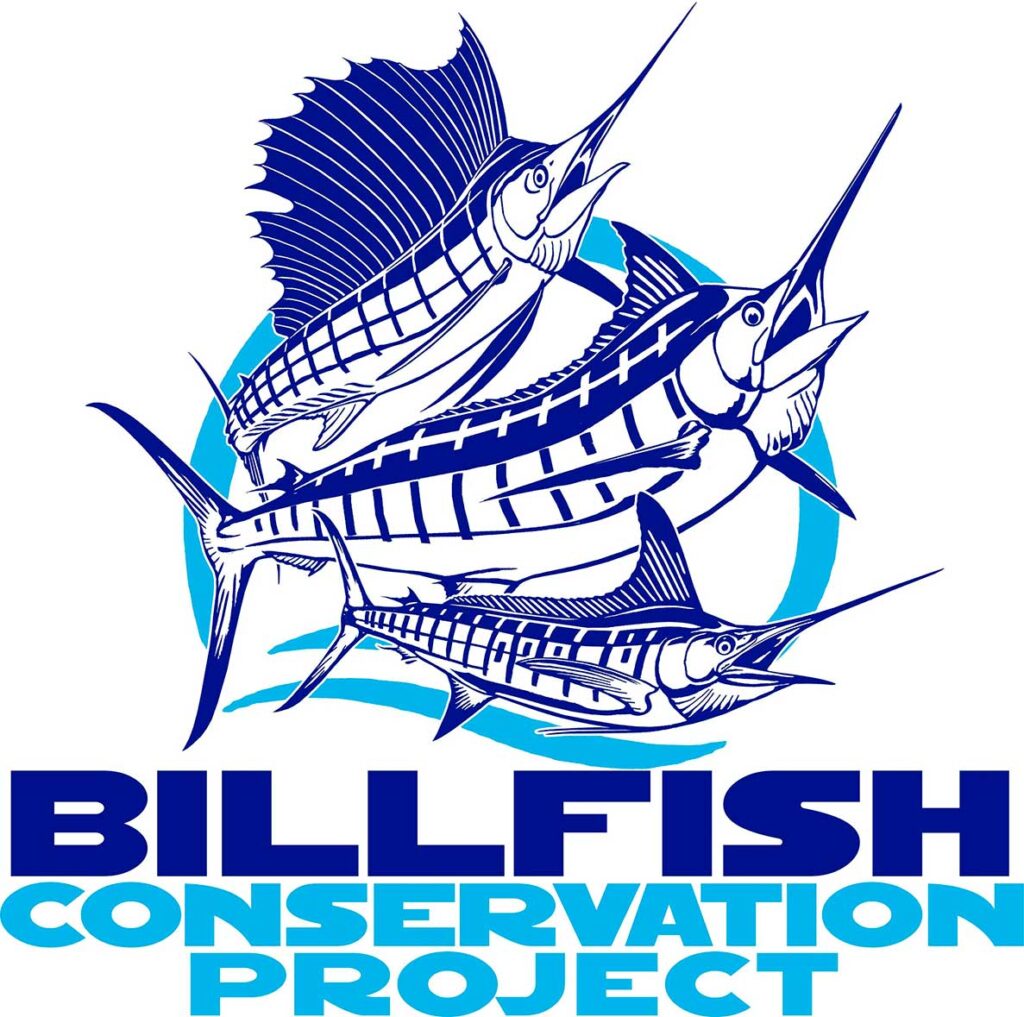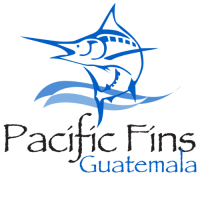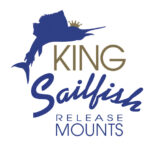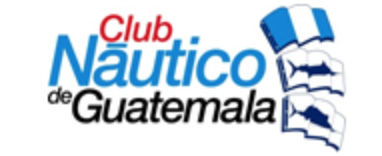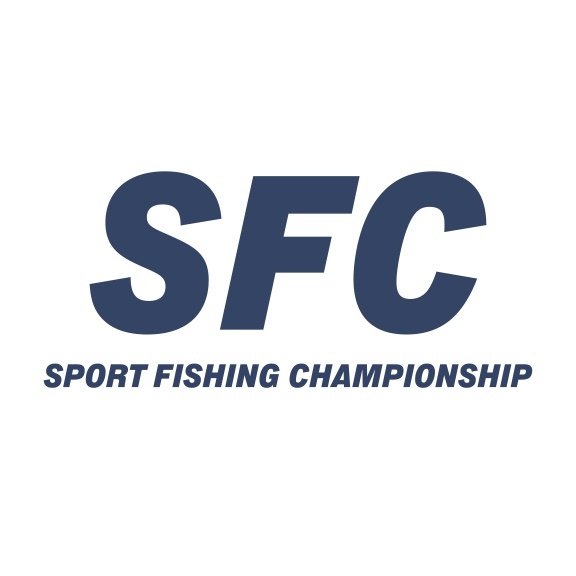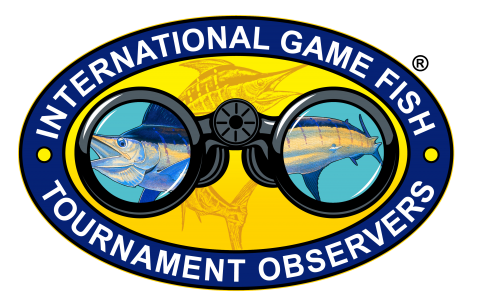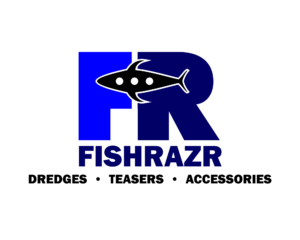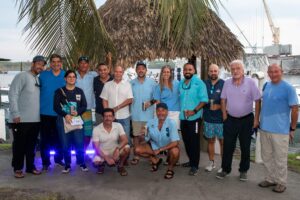
-
Representatives from three Central American countries sign a Memorandum of Understanding to promote job creation and improve security in coastal areas through sportfishing tourism.
-
The new regional platform aims to strengthen the blue economy, support marine conservation, and empower vulnerable coastal communities.
Fisheries management cannot be tackled in isolation, especially when it involves highly migratory species. A country’s decisions and policies directly impact neighboring nations’ fish stocks and economies. That’s why, to strengthen sportfishing tourism as a driver of sustainable development, organizations from Guatemala, Honduras, and Costa Rica have signed a Memorandum of Understanding to establish the Central American Sportfishing Alliance (CASA).
This alliance seeks to position sportfishing as a key tool for regional economic growth and for the management of species of interest such as billfish, tarpon, and roosterfish. In the future, additional organizations from other countries are expected to join as associate members to broaden the alliance’s impact.
Officially signed on May 12, 2025, the agreement outlines CASA’s focus on three core pillars: promoting economic and social development in coastal communities through the growth of sportfishing tourism; advocating for regulatory frameworks that encourage responsible marine tourism; and building a multisectoral network that includes private industry, academia, and government agencies.
“The official creation of CASA is a milestone for sportfishing tourism in Central America,” said Marina Marrari, Executive Director of FECOP in Costa Rica. “For the first time, the private sector is uniting at a regional level to promote sustainability, generate actionable knowledge for policymakers, and empower the coastal communities that depend on this activity.”
CASA will also support research and scientific monitoring, and foster education and awareness in sportfishing through training programs, public campaigns, and the promotion of best practices in both tourism and fisheries.
This initiative has been made possible with the support of the Billfish Conservation Project, Provimagua (Guatemala), the Caribbean Fishing Club of Honduras, and the Costa Rican Federation for Sportfishing (FECOP).
The signing ceremony took place at Hotel Pacific Fins in Iztapa, Guatemala, with representatives of the sportfishing industry and special guests from the Pacifico Sostenible project, OSPESCA, and allied organizations, during the 84th edition of the International Light Tackle Tournament Association (ILTTA) tournament.
Strengthening an Industry that Creates Jobs
Sportfishing generates significant direct and indirect economic benefits across the alliance countries. In Costa Rica, the industry brings in $520 million annually, surpassing traditional exports like coffee ($276 million) and cruise tourism ($29.9 million). It directly employs 13,000 people, and 33,000 overall.
In Honduras, sportfishing contributes notably to coastal economies, with the country’s three major tournaments injecting over $500,000 annually into the tourism sector and related activities.
In Guatemala, the industry involves more than 50 boats, 500 related jobs, and 10 main operations targeting sailfish—though the sector’s economic potential is considered far greater with further development.
“A live fish is worth more than a dead one—that’s what we aim to prove,” said Mariano Quirós, a sportfishing tourism entrepreneur from El Salvador invited to the event. “This alliance gives us a platform to grow, protect our species, and attract visitors who care about conservation.”
Across the region, it’s common for the sector to invest in high-impact social and environmental efforts, including environmental education, support for community-based tourism, civil society donations, and citizen science programs.
However, as a blue economy activity, sportfishing faces serious challenges due to underrepresentation in key decision-making bodies. This lack of inclusion, coupled with inadequate regulatory frameworks, undermines democratic governance in vulnerable coastal areas, erodes community trust in institutions, and deepens existing inequalities.
Toward Regulation, Coordination, and Shared Prosperity
CASA’s initial priorities include hosting meetings and workshops to identify each country’s needs and opportunities and translate these into a coordinated regional agenda. In this process, the Participatory Sportfishing Project funded by the U.S. Embassy in Costa Rica has expressed interest in supporting initiatives aimed at empowering vulnerable communities and their livelihoods.
“Billfish are migratory species, and protecting them requires a coordinated effort,” said Roberto Calderón, President of the Caribbean Fishing Club of Honduras. “This alliance is essential to aligning Central American countries around shared goals, clear laws, and effective conservation programs. Only then will our efforts have real impact.”
“This alliance represents a real opportunity to achieve sustainable marine resource management in the region,” added Carlos Francisco Marín, independent consultant and former fisheries director at Guatemala’s Ministry of Agriculture. “It’s a key step toward uniting research, community development, and economic empowerment for those who depend on sport and artisanal fishing.”
